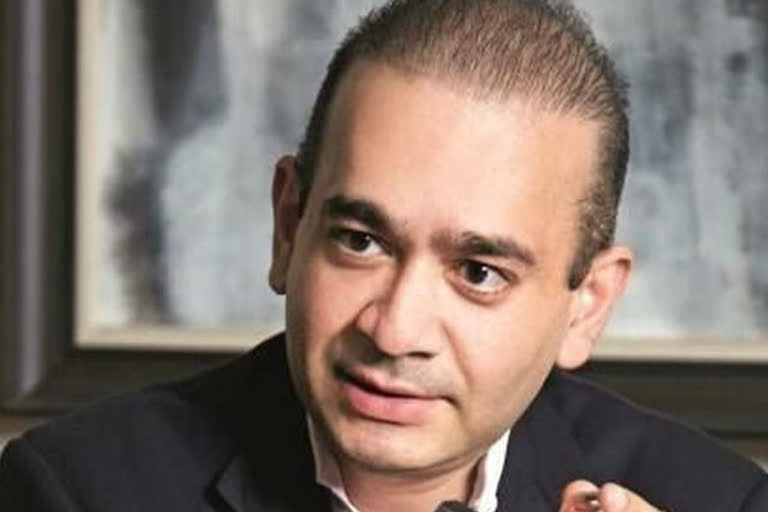London: A UK court hearing the extradition case of fugitive diamond merchant Nirav Modi on Thursday fixed his next remand hearing for June 27 and directed the Indian government to confirm within 14 days which prison he is to be held in if he were to be extradited to India.
Modi, wanted in India to face charges of fraud and money laundering amounting to nearly USD 2-billion in the Punjab National Bank (PNB) case, was produced in the dock at Westminster Magistrates Court before Chief Magistrate Emma Arbuthnot for his first case management hearing on Thursday.
The 48-year-old, dressed in a blue shirt and black trousers, took notes as the judge fixed his next remand hearing via videolink for June 27 and set a 14-day deadline for the Indian authorities to confirm the prison plans in India.
"There is no reason why it should not be answered within 14 days,” Judge Arbuthnot said, adding that Arthur Road Jail would be the “obvious candidate”.
Arbuthnot, who ordered the extradition of liquor tycoon Vijay Mallya in December 2018, had sought a video of the exact cell in which the former Kingfisher Airlines boss was to be held. She therefore indicated that if Modi was to be held within the same premises, the court would most likely not have any objections.
Modi's barrister, Clare Montgomery, agreed that unless it was the same cell, she would be seeking a court-appointed independent prison visit to ensure that any holding cell in India met with human rights guidelines.
No further details or timelines were set for the extradition trial at the first case management hearing on Thursday as Montgomery told the court that the defence team was yet to receive the opening position statement on the case to start building on its arguments.
The judge has given the Crown Prosecution Service (CPS), representing the Indian government, six weeks' time to present an opening position statement laying out the prima facie case against Modi, with the next case management hearing set for July 29 – when a timeline for extradition trial is expected to be laid out.
"I have had a brief look at the pagination and it is much better than before… it is much clearer than earlier, so I am delighted about that," said Judge Arbuthnot, as she welcome the improvement in the paperwork submitted by the Indian authorities.
